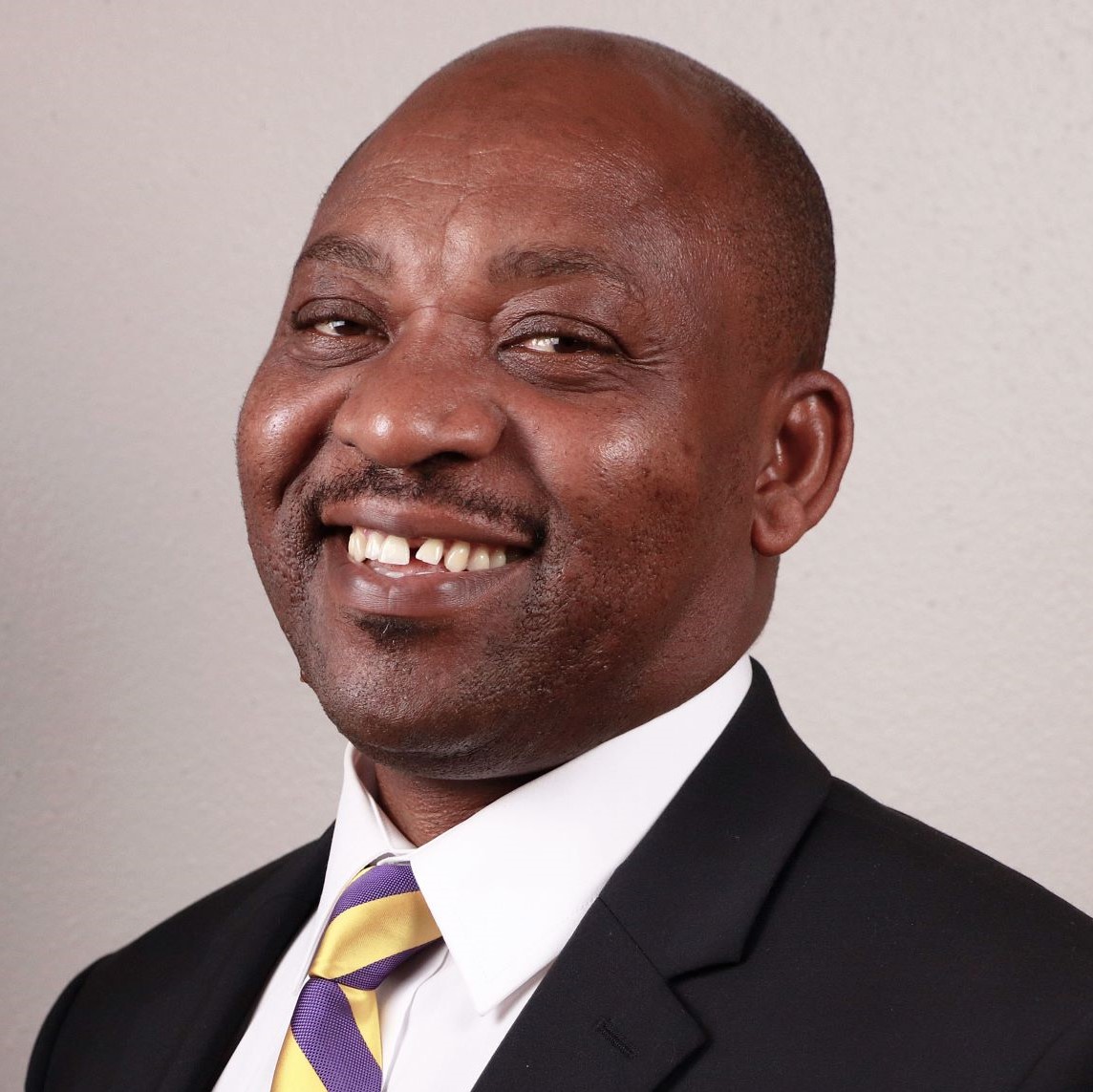Théophile (Theo) Muhayimana

Théophile (Theo) Muhayimana
Educational background:
I’ve been extensively exposed to multicultural education and global perspectives as I navigated the Belgian and French education structures from pre-school to undergraduate level in Rwanda, my home country. I graduated from the National University of Rwanda with a BA in English in 2005. I’ve embraced the American rainbow education system in graduate studies, at masters’ and doctoral levels. I completed an MA in language teaching from Indiana University of Pennsylvania (IUP) in 2010, and I earned a doctorate in educational leadership (EdD) from UNI in 2015.
Career background:
I started my career as a French teacher in elementary school in 1990. Thereafter, I moved to secondary education (1997-2002) where I was a high school language teacher (French, Kiswahili, and Latin) and assistant principal in charge of academic affairs. I joined higher education (University of Kibungo, Rwanda) from 2004 to -2018, where I served in senior positions as the dean of the College of Education and interim vice president for academic affairs. I also held managers’ positions such as head of the English Department; director of human resources; director of partnership and public relations; director of the Center for Language Learning and Improvement; and director of the Office of the University President. I joined the Department of Educational Psychology, Foundations and Leadership Studies in January 2019. I currently teach in the UNI Principalship and the Teacher Leadership for International Educators programs (MA).
Why this career path?
I'm fond of education in general and educational leadership in particular as both enable me to empower school leaders who play a critical role in shaping their school vision, initiate changes for school improvement and enhance instruction so that ALL kids can learn and succeed in school and beyond.
What brought you to UNI?
As a UNI alum, I knew the campus-positive culture, faculty dedication to supporting students and the collaborative spirit within the department. I wanted to be a part of this thriving community and give forward to the Alma Mater through my services.
Favorite part about UNI?
Student-centered philosophy, team spirit and supportive environment.
What is your greatest professional accomplishment?
In 1997, I was a part of a leadership team (assistant principal) that contributed to rebuilding from ashes a high school that was severely destroyed during the 1994 Genocide against Tutsi in Rwanda. Additionally, In 2011, in my capacity as the director of the University of Kibungo Language Center, I organized a National Symposium on Language Educational Policies in Rwanda. The event brought together school teachers and faculty, researchers and educational decision-makers from all over the country to discuss effective strategies for a successful implementation of educational language policies the Government had enacted in 2009.
Research interests and activity?
My major research interests lie in the area of professional learning, systemic change for school improvement, critical and inclusive pedagogies and assessment. However, I currently focus on professional development (PD) as a way to scrutinize best practices for continuous improvement for self and teams. I view PD opportunities as a powerful leadership tool to "inspire others to dream more, learn more, do more, and BECOME MORE." John Quincy Adams.
I have a few publications: a book on language policies involving teaching English in postcolonial contexts; an article on Vygotsky’s sociocultural approaches to language teaching; two articles on school-based mentoring and teacher professional learning in the pandemic. I also have submissions under review and ongoing manuscripts on assessment, self-mentoring, new faculty peer mentoriand school leaders’ capacity building.
What does being student-focused mean to you?
Listening to them; involving them in the decision-making process; prioritizing what's best for them and their success on campus and beyond.
What's it mean to help students meet or even exceed expectations?
Cultivating positive attitudes in our students. That way, we don't prepare them for something; we help them "prepare themselves for anything." A.J. Julian.
What do you hope students learn from you?
Positivity, resilience, and service.
What advice do you have for prospective/current students to make the most of their time at UNI?
Work hard and build good relationships.
